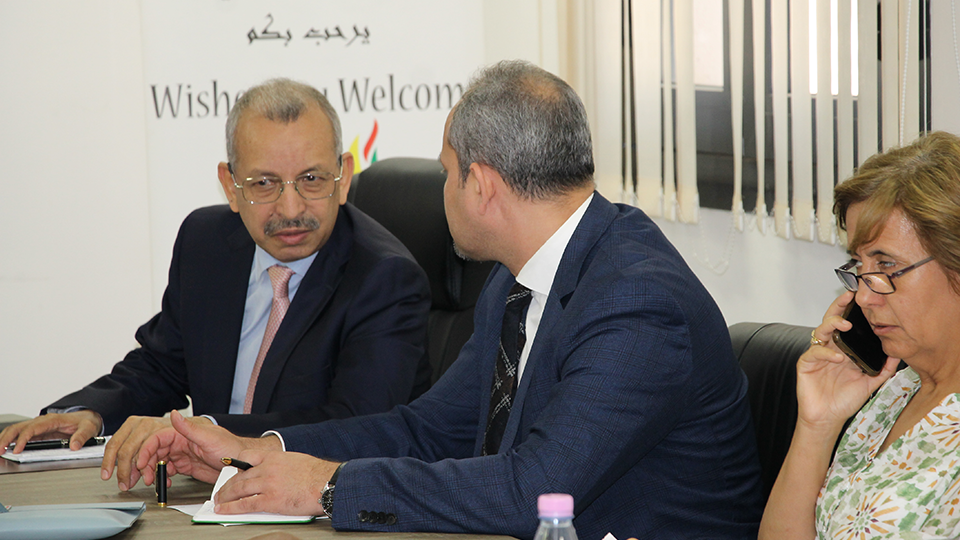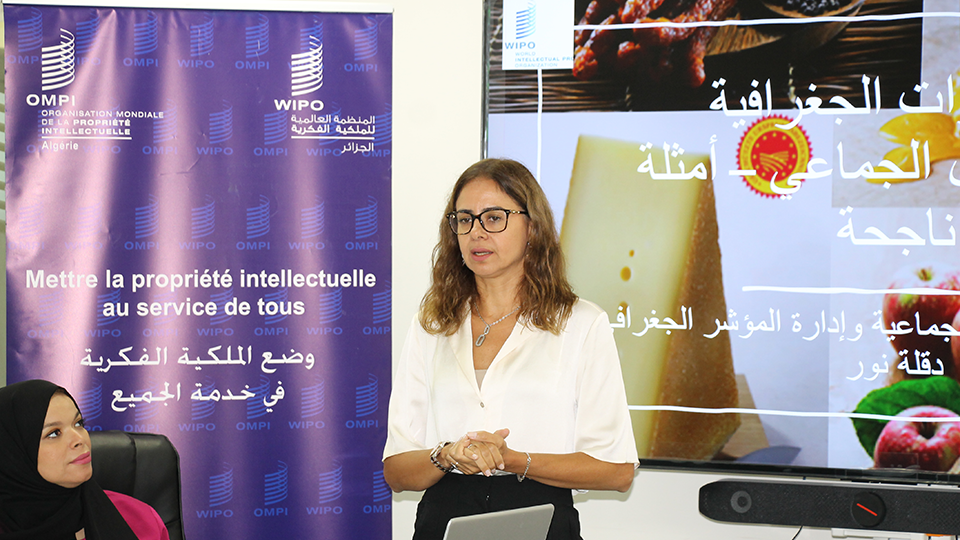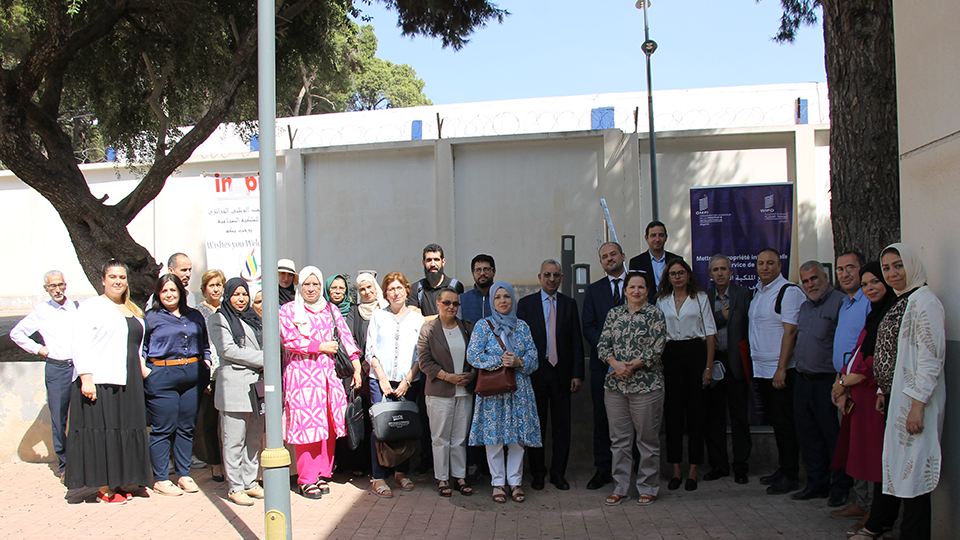The World Intellectual Property Organization (WIPO) recently ran a series of joint workshops with the Ministry of Agriculture and Rural Development and the Algerian National Institute of Industrial Property (INAPI).
(i) On September 24, in Biskra, a workshop on the collective management and governance of the Tolga Deglet Nour date geographical indication (GI) was held for date palm producers, industry stakeholders and local authorities.
(ii) On September 25, in Algiers, an awareness-raising workshop was held for the competent authorities and stakeholders in the Tolga Deglet Nour date GI value chain.

The workshop in Biskra mainly focused on raising awareness among producers on the importance of the post-registration period for GIs, and in particular, for the protection of the Tolga Deglet Nour date GI.
This emblematic product has been protected by the GI, a distinctive sign of the agricultural product’s quality, since September 22, 2016. It boasts qualities, a reputation and characteristics that are intrinsically linked to its place of origin. As a GI is a means of enhancing the value of products and an effective tool against unfair competition and counterfeiting, producers must take full advantage of all these attributes. They need to be well equipped to make effective use of their intellectual property rights (IPRs) after registration. To do so, they need to be well organized, committed and equipped with the relevant knowledge to leverage their IP rights. In this respect, a critical success factor is the good governance of the producer group behind the project, which is responsible for ensuring adherence to the established requirements and for defending and promoting the GI.
To preserve the reputation and unique characteristics of the Tolga Deglet Nour date, which are tied to the specific geographical and human environment in which it is produced, the GI producer group must ensure compliance with the established requirements and guarantee that the production conditions and process are fully respected. Compliance with such requirements is a key factor in building consumer confidence. Consumers are increasingly interested in the geographical origin of products and their authenticity. They often establish a direct relationship between a product's origin and its qualities, characteristics and reputation. This is why the control plan always specifies how the applicable GI rules will be checked.

Proper quality control and legal protection are bound to have a positive impact. They increase the product's value and give it a competitive edge on the markets.
The workshop, held on September 25 in Algiers, gathered representatives from all the sectors concerned, and addressed the challenges facing stakeholders in the value chain (such as producers, processors and distributors). Its main goal was to raise awareness among the relevant national authorities and other stakeholders of the potential benefits of the GI for local producers, as an IP tool for improving market access for local products while preserving common quality standards and traditional production methods.
It was agreed that an action plan would be drawn up by year end, which would focus on strengthening the technical capabilities of producers, competent authorities and stakeholders in the Tolga Deglet Nour date GI value chain to improve the collective management of the GI and ensure that it delivers tangible benefits for stakeholders in the value chain and boosts the local economy. The action plan will address, among other things, how to strengthen the GI group’s internal governance, control and certification systems, and a brand marketing strategy. The latter will take into consideration the institutional environment and associated constraints.
GIs generally contribute to local development, preserving traditional know-how and ancestral heritage, safeguarding the environment and boosting tourism.
The support program for the Tolga Deglet Nour date GI was launched on December 12, 2023, as part of the WIPO project on empowering small businesses through IP: developing strategies for supporting geographical indications or collective marks in the post-registration period.

In 2022, the WIPO Committee on Development and Intellectual Property approved this pilot project for Algeria, Brazil, Pakistan and Uganda.
The overall goal of the project is to develop capacity-building tools and initiatives to empower GI users or owners in developing countries to effectively use their IPRs after registration. Registration should serve to boost the products’ competitiveness and thereby increase income for the users or owners of those rights and promote the growth of production zones.